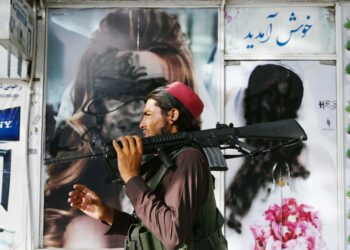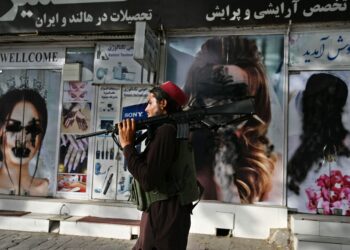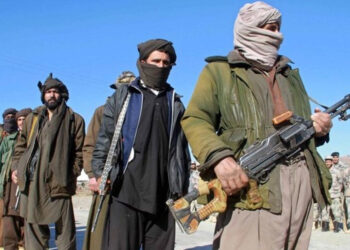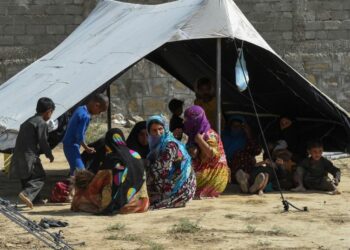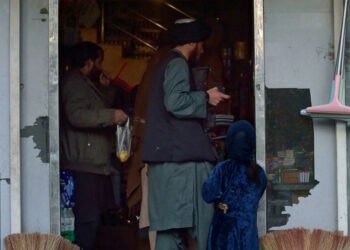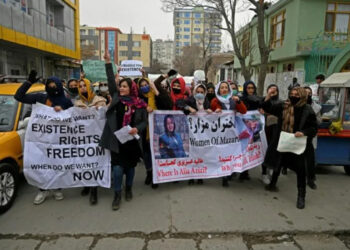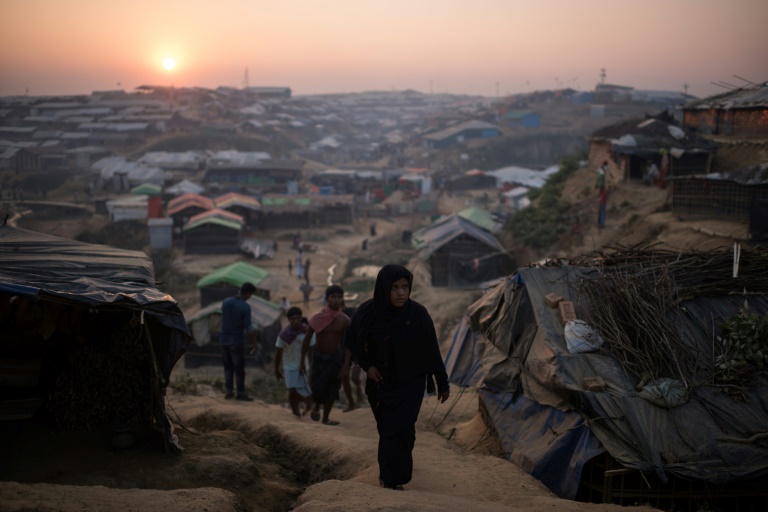For many, what comes to mind when they hear Afghanistan is the Taliban, Al Qaeda, years of civil war, unrest, and a complete lack of civilization. This image shows nothing but the stories of historical battles of rulers such as Sultan Mahmud of Ghazni, Shah Babur, and King Alexander the Great, and not to forget, the Anglo-Afghan wars and the defeat of the Soviet Union.
It is a rare occurrence that you would speak to an Afghan and they don’t start telling you the history of their country’s long and distinguished wars and conquests, often with a gleeful and proud spark in their eyes. The tale of their nation is one of a graveyard of empires.
Herein resides a problem, though. Often unknowingly, Afghans have imprisoned themselves in the chains of this false pride and accomplishment. They use it as a source of inspiration for many deeds, both good and bad. Afghan political leaders have continuously used this phenomenon to lure unsuspecting youth into their political aspirations, and once done, it leaves nothing but disillusioned youth in its wake.
Even now, the current political elite has invested billions in building a security and defense force that is becoming harder and harder to manage and lead. To what purpose? To what end? Is a mighty, strong, and heavily-invested-in military force the answer to the country’s problems? How does it benefit Afghanistan to boast a force in a volatile region surrounded by nuclear powers? Does Afghanistan have the income and resources to maintain such a military and compete with its neighbors?
Money for Military
A brief look at the military budgets of neighboring countries is quite revealing. In 2019, Pakistan’s military budget was $7.6 billion, while India’s was $62 billion and China $167.4 billion. When you compare those numbers to Afghanistan’s $5.2 billion budget, there are still ways to go.
From a financial perspective, it is quite clear that Afghanistan – dependent on foreign aid to run its military – is not in any position to compete with its neighbors, be it on facilities, technology, resources, armory, or strategic capacity.
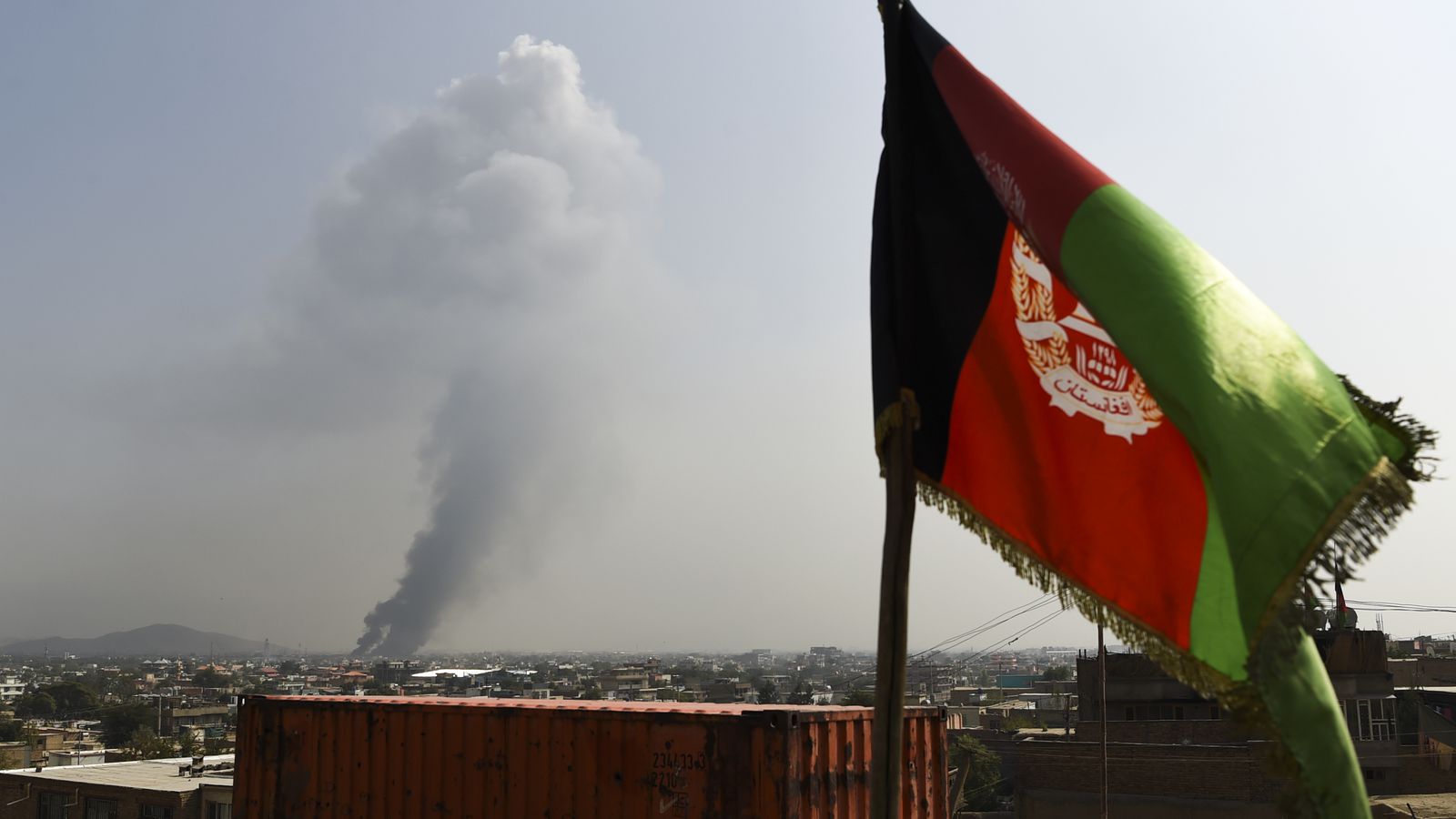
One might consider the above a valid reason for not going down that rabbit hole, especially since after 18 years of international investment and donor funding, Afghanistan’s military and security forces are still vehemently plagued by corruption and misuse. That poses a question. If not military might, then what could allow Afghanistan to be an influential, strong, and united player in the region?
The answer is simple: the country’s location on the map.
Afghanistan’s Strategic Location
Afghanistan’s strategic location has often been the core focus of international powers, both past and present, and played a vital role in the nation’s history. The location simultaneously brings about a plethora of opportunities in trade, economy, and politics. Yet, the one thing that poses the least threat to Afghanistan’s neighboring countries is trade.
Marco Polo, the infamous historian and traveler, has often cited Afghanistan’s critical location as a key ingredient for trade promotion, and even after so many years, he is not far off. Additionally, Afghanistan has a host of vital and high-value minerals to offer, such as precious gems, lithium, and uranium.
Afghanistan’s Silk Route can be a vital cog in connecting the west with the orient and can play a crucial role in streamlining trade routes and creating jobs and employment. This will not only generate a consistent and strong source of income for Afghanistan but also help bring a wide variety of cultural effects and technological advancements. In the long run, this can help improve Afghanistan’s economy.
Afghanistan air corridors as it connects Afghan traders to the world is some sort of modern day silk route, with the expansion of transport means and technology. It can change the course of war and terrorism in the region and world.#AFGUKBIZ18
— Gharghasht – غرغشت – גהארגהאשט (@Gharghasht) September 17, 2018
Afghanistan’s Wakhan Corridor, a narrow strip of land that extends to China and separates Tajikistan from Pakistan and Kashmir, will also be a key route to allow Afghan business people and those of western countries to easily access China, allowing for consistent export of Afghan products.
China’s Belt and Road Initiative has further potential to turn Afghanistan into a trade hotspot. Trade has always had a knack for softening up the political tensions which the region is rife with. That too is only possible if Afghanistan is safe and secure and no longer at war, which makes it a fundamental decision for the government and the international community to ensure that security is not just another bullet point on a list but a mandate that needs implementation as soon as possible.
If Afghanistan is looking to establish itself as a legitimate and influential regional regime, then military might and war are not the answer, but trade and commerce are. It is only through trade that the country’s infrastructure can be rebuilt and utilized for a better and prosperous nation.
Disclaimer: The views and opinions expressed here are those of the author and do not necessarily reflect the editorial position of The Globe Post.


